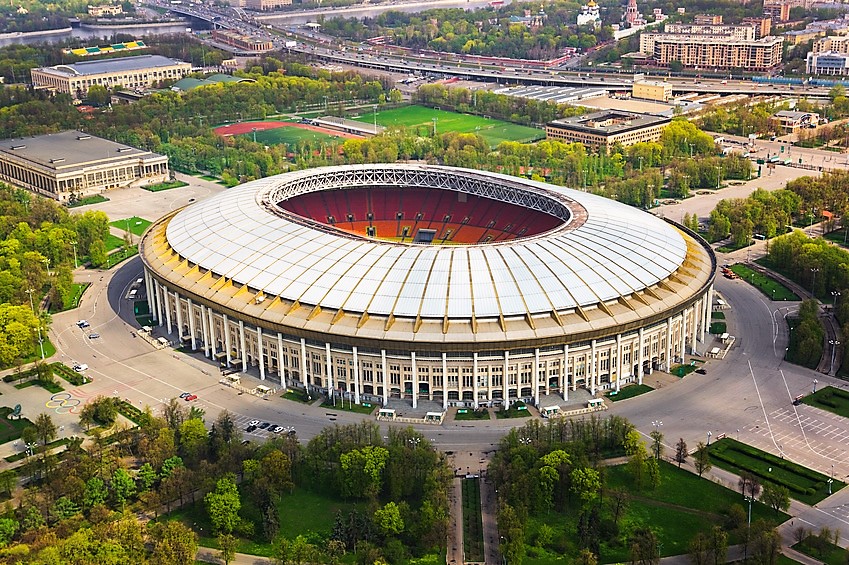Stadium Security Plan: Are We Safe?
Those tasked with stadium security face challenges from a number of threats—an airborne concern from a hijacked aircraft or a drone packed with explosives or hazardous material; a ground attack carried out by a vehicle transporting a bomb or driven into a crowd of people, similar to what occurred in Charlottesville; and suicide bombers such as the stadium attack in Paris during an international soccer match with France’s president in attendance. The possibility of any of these challenges creates a complex and ubiquitous danger for stadiums and the need for a holistic stadium security plan.
Doing More with Less
What really brings success to a stadium security plan is how well the stadium operators adapt industry best practices in stadium security to your particular situation—ensuring that the security services will perform before, during, and after an incident to avoid a devastating impact on your operations. Our recommended approach to optimizing stadium security starts with a security plan that leverages the most efficient and cost-effective measures for event security, emergency management, continuity of operations, and security operations. Working together, we’ll create, enhance, and update a stadium security plan that achieves the highest level of execution and results in peak performance operations no matter what challenges your venue faces.
There’s No Substitute for Experience
Our proprietary methodology for planning, constructing, and implementing stadium security has been designed, developed, and continues to evolve from my personal experiences in security leadership roles for the federal government with the United States Secret Service Major Events Division, where I helped secure the Olympics, National Conventions, and the Presidential Inauguration. Additionally, our team’s project management background in professional sports with the National Football League, Major League Baseball, National Basketball Association, and the National Center for Spectator Sports Safety and Security (NCS4) provides large-scale event security expertise.
Haves and Have Nots
A stadium security plan begins with an on-site assessment of the venue to evaluate the resources you have and those you don’t have, including: (1) personnel security (security officers, police officers, fire fighters, guest services, paramedics, and emergency managers); (2) security technologies (intrusion detection, card readers, video surveillance, duress devices, notification systems, and communications capabilities); (3) physical security (barriers, barricades, bollards, lighting, gates, and fences); (4) emergency preparedness (emergency evacuation, lockdown, shelter-in-place, triage, and decontamination); and (5) liaison with law enforcement, fire department, and emergency medical.
When the Rubber Meets the Road
Understanding your own resources as well as those of external support services, such as the first responder community, enables stadium leadership to construct an effective stadium security plan. The plan needs to account for access control, security, safety, and enforcement of the policies and procedures that discourage unlawful activity both in the stadium and on the exterior grounds. As one of the main requirements, your security plan must clearly demonstrate succinct and measurable processes to safeguard all assets, including the people, property, and brand. It is equally important to incorporate crisis management into the stadium security plan so that specific guidelines address all hazards, such as weather, accident, or crime. In addition, when you coordinate with the public sector in contingency operations, emergency management, and incident response, among other areas, you ensure that the event participants, as well as the attendees, are not exposed to risk.
Nothing Fits Better Than a Tailor Made Plan
Because I have designed and managed security for major events in both the public and private sectors, I benchmark stadium security against comparable venues as well as industry standards and apply my knowledge of best practice-based stadium security disciplines to each client’s environment. For a complete picture of your stadium security profile, you can schedule a professional assessment that will evaluate the technical, physical, personnel, and procedural security measures currently in place at your venue.
You’ll find out what you’re doing well and where you’re exposed to unnecessary risk as well as receive recommendations and strategic considerations with next steps to protect critical components of your processes—especially where vulnerabilities currently exist. Also, you’ll identify what, if any, security and safety measures or systems are needed now or should be introduced at a later date.

